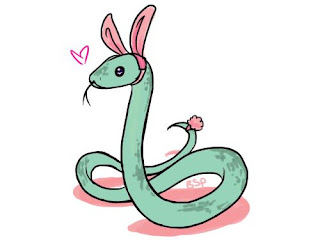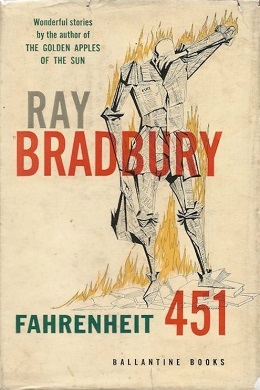Did D. H. Lawrence go too far?
Dear reader,
Imagine a snake creeps up right into your
front yard, trying to find refuge from the heat, what are you going to do? You
know the snake is venomous. Do you kill the snake? Would you bolt your doors
and windows all summer? Or most weirdly, are you going to sit back and enjoy
its beauty?
This is exactly what
D. H. Lawrence did in his poem ‘Snake’. I would like to share my thoughts on
this poem.
The link to the poem: https://www.poetryfoundation.org/poems/148471/snake-5bec57d7bfa17
The snake
even looked as innocent as cattle to the poet. O’ what an imagination, such a
vile animal despised by centuries of mankind, associated only with evil,
sorcery and sin, the form taken by Satan for that matter, who stole our
paradise from us.
It is quite
the problem, isn’t it? I once saw this comic strip from the ‘Calvin and
Hobbes’ series which I find relatable in our situation. Are we designed to
subdue everything around us? The snake here did not seem to pose an imminent
threat to our poet, or anyone else for that matter. However, there was a voice
inside our narrator commanding him to kill it.
“If you
were not afraid, you would kill him!”
Our speaker
was afraid of the snake as much as he was fascinated by it. What made our
speaker do such a cowardly, arrogant act? In the last moments he had with our snake,
he chose to throw a stick at it, an act which we least expect. Instant regret
follows.
Was it
cowardice, that I dared not kill him?
Was it
perversity, that I longed to talk to him?
Was it
humility, to feel so honoured?
I felt so
honoured.
If we think
of the poet from a ‘gender’ perspective, one could say, not doing anything
would have hurt his notions of masculinity and whatnot. However, I would like
to look at our poet from the perspective of our ‘not so steadfast’ Hamlet. Let
us try to sympathize with the poet now. We can find fault with his ‘education’
that demanded him to do something, even though he himself preferred not to. He
was extremely amused by the snake’s appearance yet felt threatened by its presence.
Like Hamlet his procrastination led him to abrupt actions leading to extreme guilt
and regret.
Dear
reader, perhaps this conundrum is not too unfamiliar to us poets either. We do
not have the privilege to have either side of the coin, standing on the thin
ridge between them. Sure, we can hail our poet as our hero, but in the real
world none of us are brave enough to let it go if we had the power to kill it.
What if it comes back someday? What if its venom kills someone else? And then
we have the education system giving us the objective answer. It is merely a
snake, it is the antithesis of the beauty of nature, it deserves to be killed,
such is life.
Was the poet justified in his actions?
Until next time…
Lan





Comments
Post a Comment